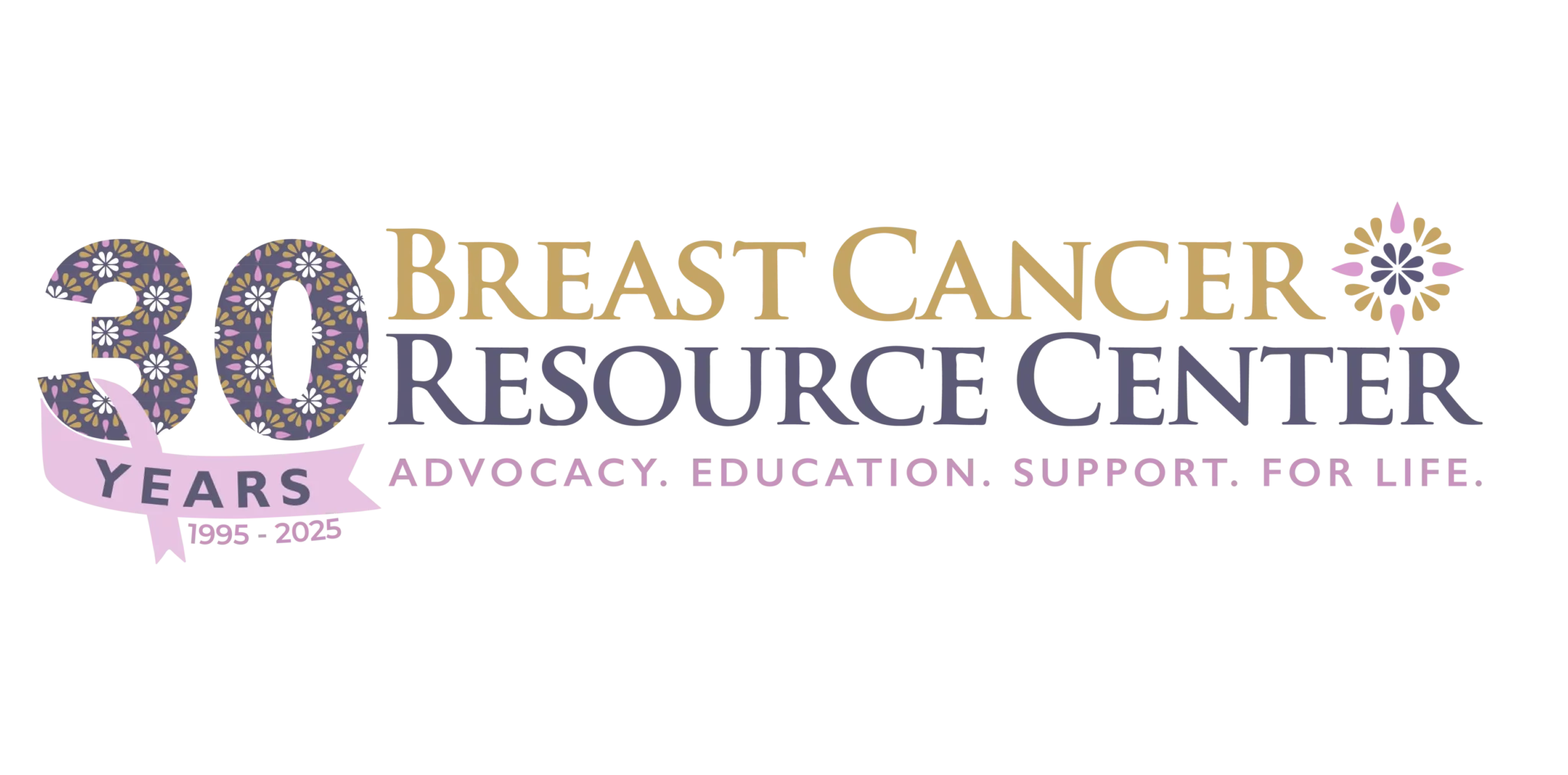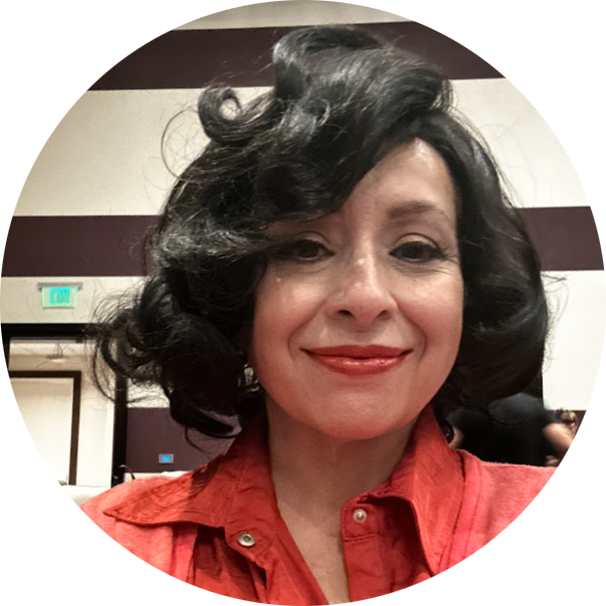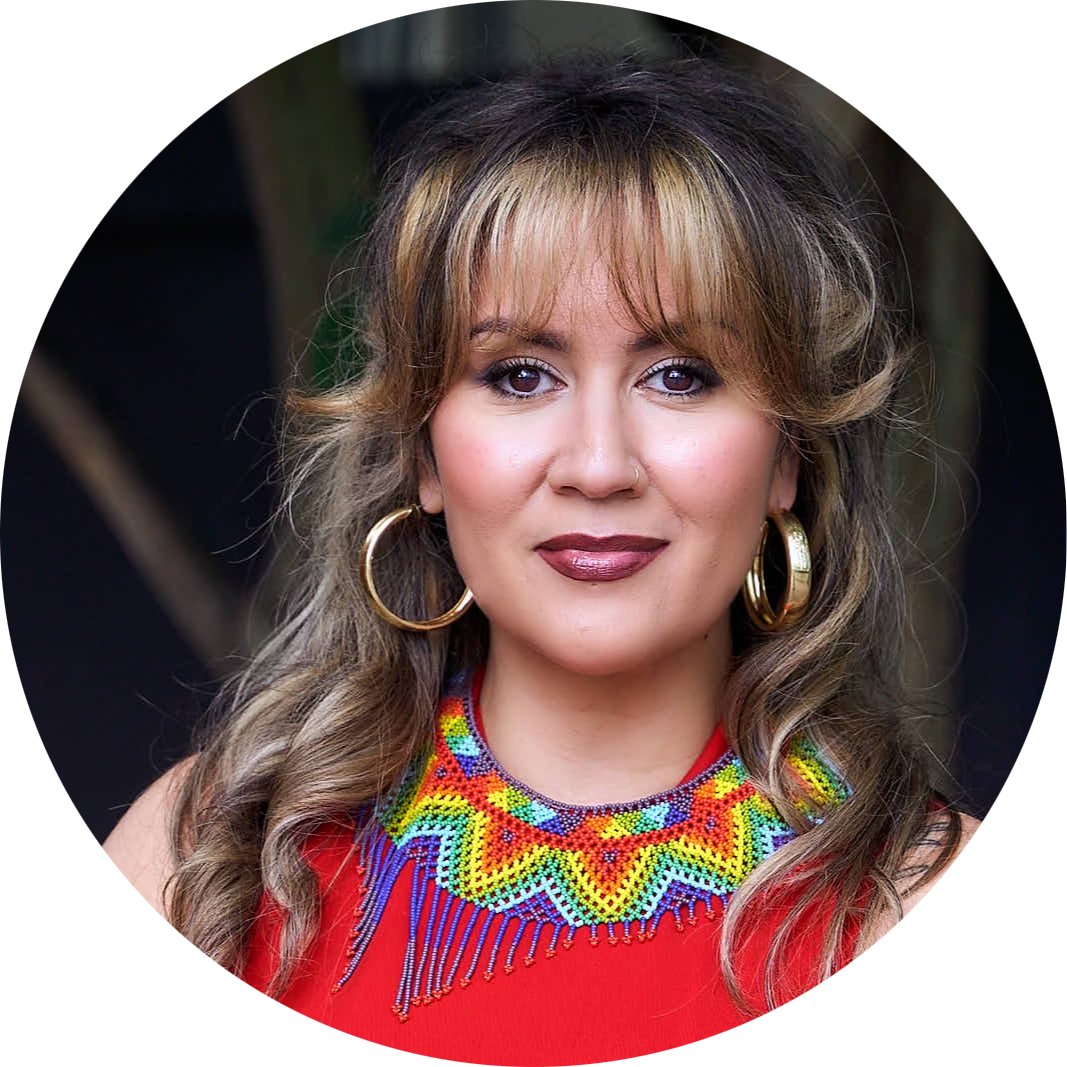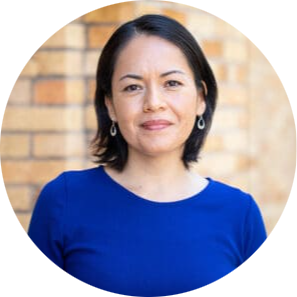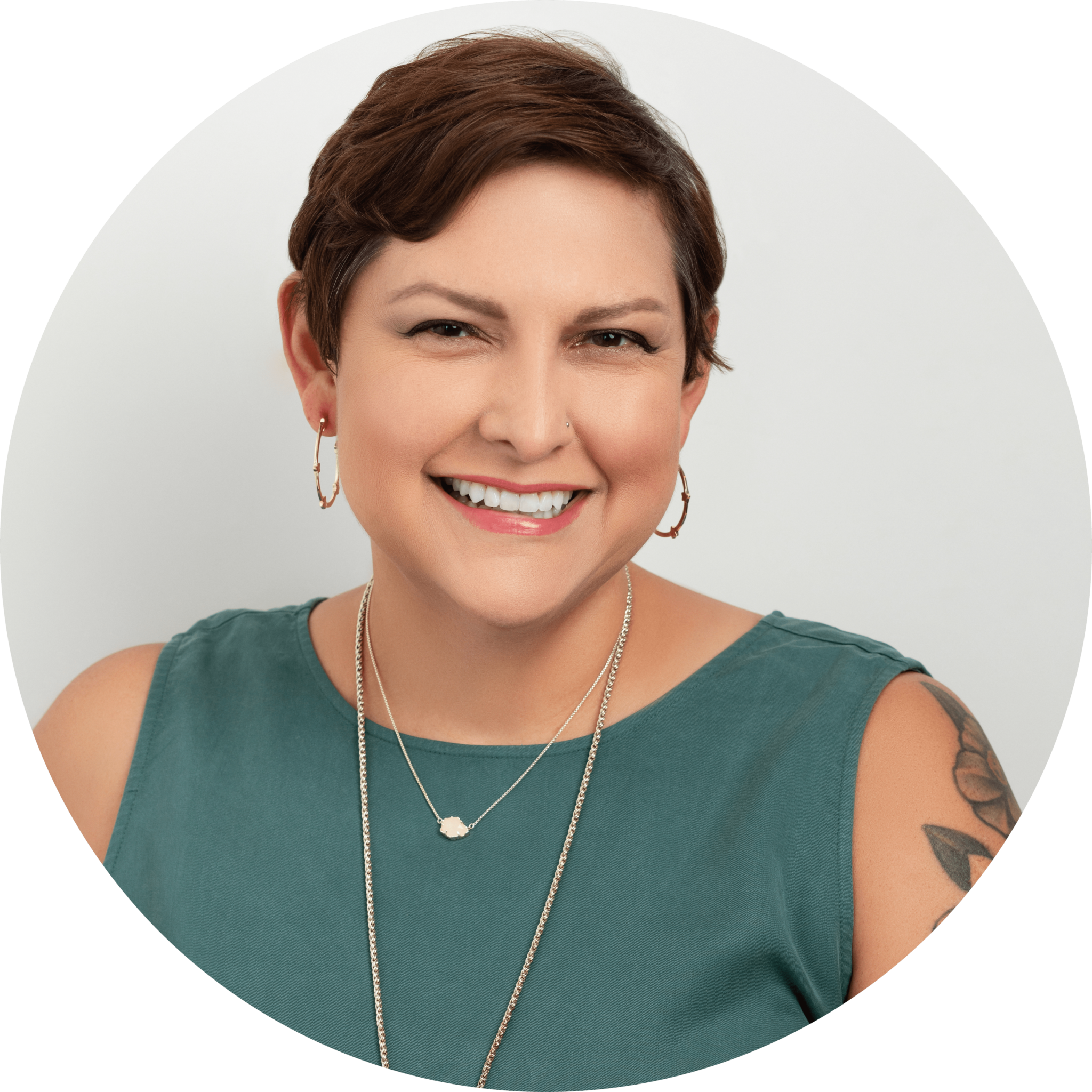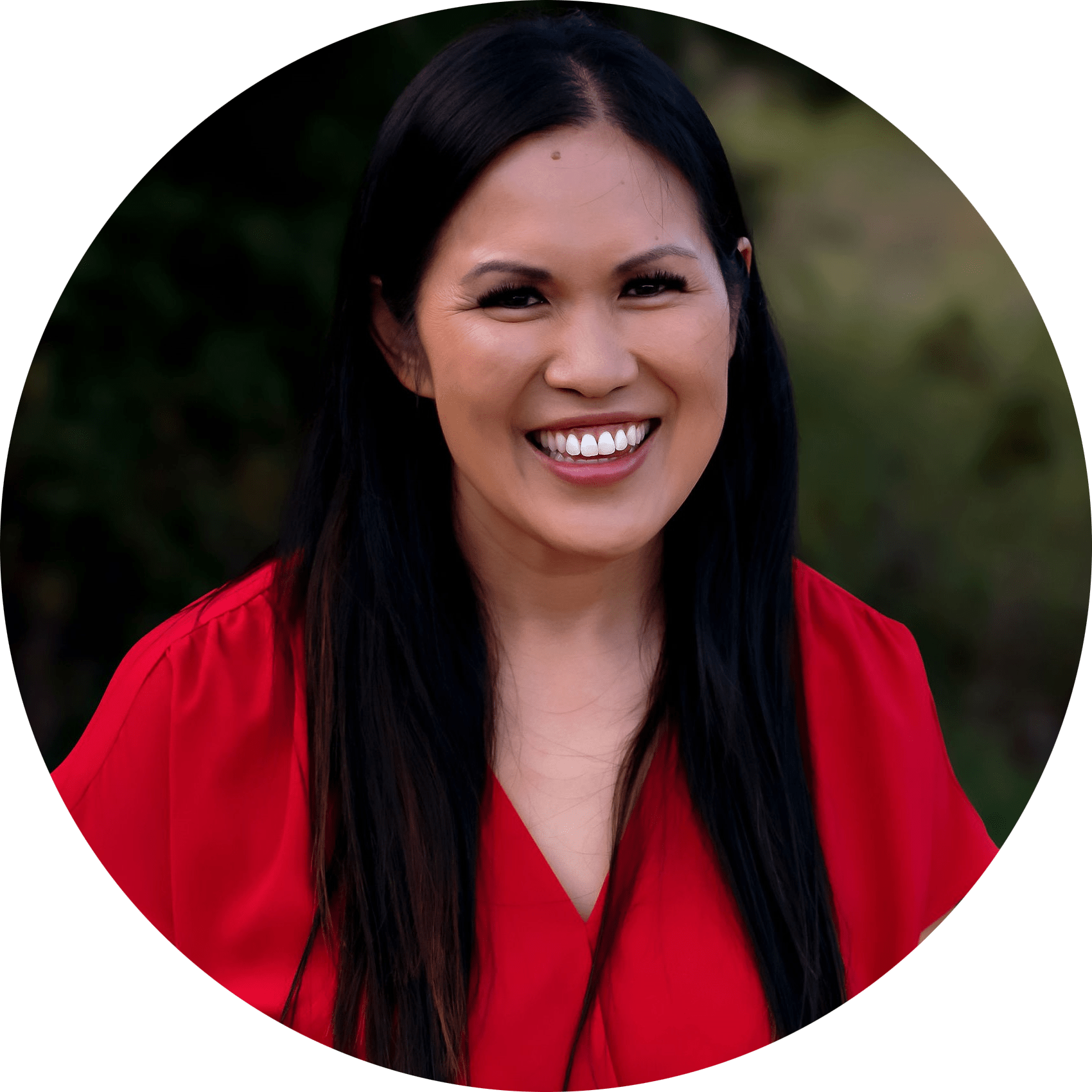Many things are different now that we are in a pandemic. When facing cancer during these times you may have questions about what changes your cancer center has made to keep you safe. You may wonder what to expect when you go to the clinic for office visits, labs and treatment. It is helpful to learn about the changes in your clinic to help you feel prepared for your visit.
Texas Oncology clinics have made changes to keep patients safe during the pandemic. Clinics are requiring face masks, ensuring all medical staff wear appropriate PPE and having everyone screened for COVID-19 symptoms at the clinic entrance. Many Texas Oncology sites are limiting who can be in the clinics to patients only unless a patient has specialized needs. At the Texas Oncology clinic where I work chairs are spaced out in the waiting areas and in the infusion rooms. Patients can bring food and drinks into the infusion rooms, but they are asked to try to limit the amount of time eating and drinking since this requires they remove their masks. I encourage you to look at your cancer center’s website for more details or to ask a member of your healthcare team your questions. Texas Oncology has information about how the clinics are coping with the pandemic and the changes to clinic operations on our website at https://www.texasoncology.com/who-we-are/covid-19.
There are things you can do to help you cope with these changes. If you are unable to have a visitor attend your doctor’s appointment with you consider asking if your caregiver can attend via speaker phone or via video call on your phone. You may want to bring a notepad with you to your doctor’s visit and take notes to help you remember what was discussed. Another option is to ask your healthcare team if your doctor’s visit could be held via telemedicine so your caregiver can be with you. Bringing calming activities to your chemotherapy appointments such as reading materials, crossword puzzles or a relaxing music playlist can help.
Additionally, finding ways to receive emotional support and social support is important. Support programs through the Breast Cancer Resource Center, your cancer center or other community service agencies can help you to stay socially connected. Texas Oncology offers virtual patient support groups led by master’s level social workers in English and Spanish. To learn more about these groups reach out to your cancer center’s social worker or visit our website at https://www.texasoncology.com/patients/resources/support-groups. Many Texas Oncology clinics have a social worker available to provide emotional support, supportive counseling and resource navigation. A social worker at your cancer center can also help to facilitate communication between you and your healthcare team.
During these uncertain times it is important to stay informed and connected. Find ways to add on the layers of support that can provide you with connection, help and comfort. Together we will get through this. Your team at Texas Oncology welcomes the opportunity to answer your questions and to provide support.
If you or someone you know is facing breast cancer, BCRC is here to help. Please visit our website or call our helpline at 512-524-2560.
Consider making a donation to BCRC and give the gift that makes a real difference for the women in Central Texas facing breast cancer right NOW. Visit bcrc.org to learn more about how we can help, or click here if you wish to give back today.
 Vanessa Pettijohn, MSSW, LCSW
Vanessa Pettijohn, MSSW, LCSW
Vanessa is a Licensed Clinical Social Worker and a cancer survivor. She has been a social worker for 13 years and has experience in various settings including a University counseling center, a not-for-profit oncology social service agency, a primary care clinic and outpatient cancer centers. As part of the Texas Oncology team she provides direct support to patients and caregivers through supportive counseling, support group facilitation and resource navigation.
